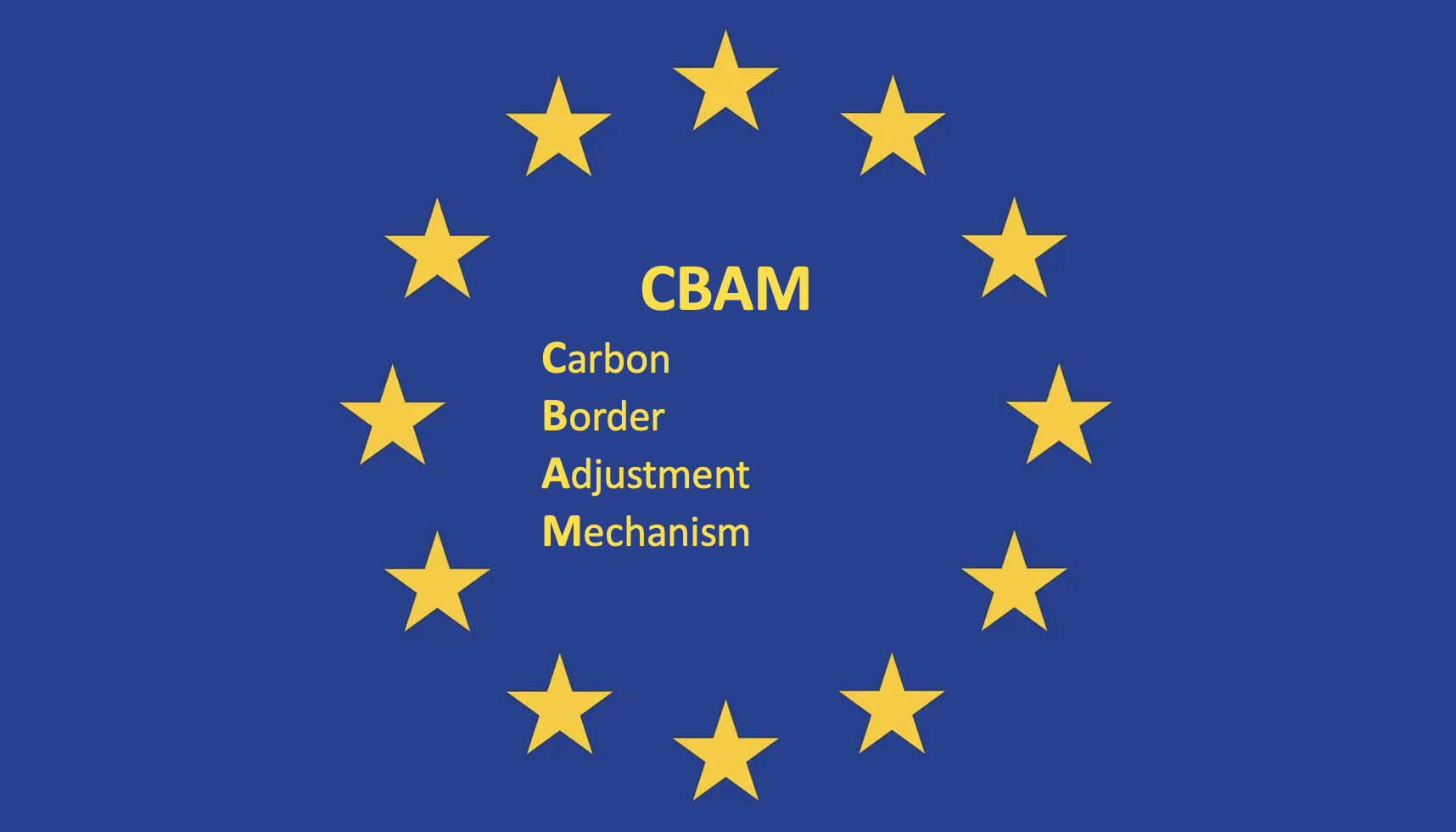Embassy Conducts Session on CBAM’s Impact on Pakistani Exports
The Embassy of Pakistan in Brussels, in partnership with Pakistan’s Ministry of Commerce (MoC) and the European Commission, held an informative session on the Carbon Border Adjustment Mechanism (CBAM).
CBAM is set to impact sectors such as cement, iron and steel, aluminum, fertilizers, electricity, and hydrogen, as outlined in a press release. The event saw participation from numerous representatives of both public and private sectors.
Delphine Sallard, Director General of Taxation & Custom Union (TAXUD) at the European Commission, delivered an in-depth presentation explaining the various aspects of the regulations. She noted that the CBAM was established by the EU to mitigate carbon leakage by applying a carbon price on imports from non-EU countries.
This mechanism ensures that imported goods incur the same carbon costs as those produced within the EU, thereby encouraging global efforts to reduce greenhouse gas emissions. Sallard also addressed the implications of CBAM for Pakistan’s exports to the EU, stating that Pakistani exporters will need to measure, report, and reduce carbon emissions in their production processes.
Nasir Hamid, Additional Secretary of the Ministry of Commerce, stressed the importance for Pakistani industries to adapt to these new regulations, as compliance will be crucial for maintaining access to European markets. He commended Omar Hameed, the Economic Minister, and the Pakistan Embassy in Brussels for their initiatives to raise awareness among Pakistani business associations and individuals about the upcoming European regulations.
Follow us on our social media platforms here: Twitter WHATSAPP CHANNEL FACEBOOK PAGE





Comments are closed, but trackbacks and pingbacks are open.